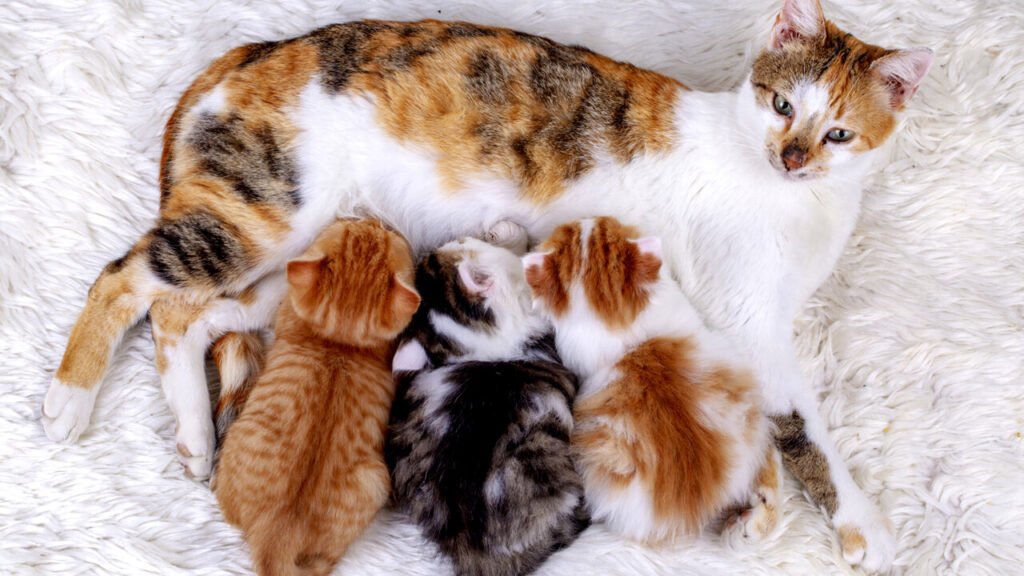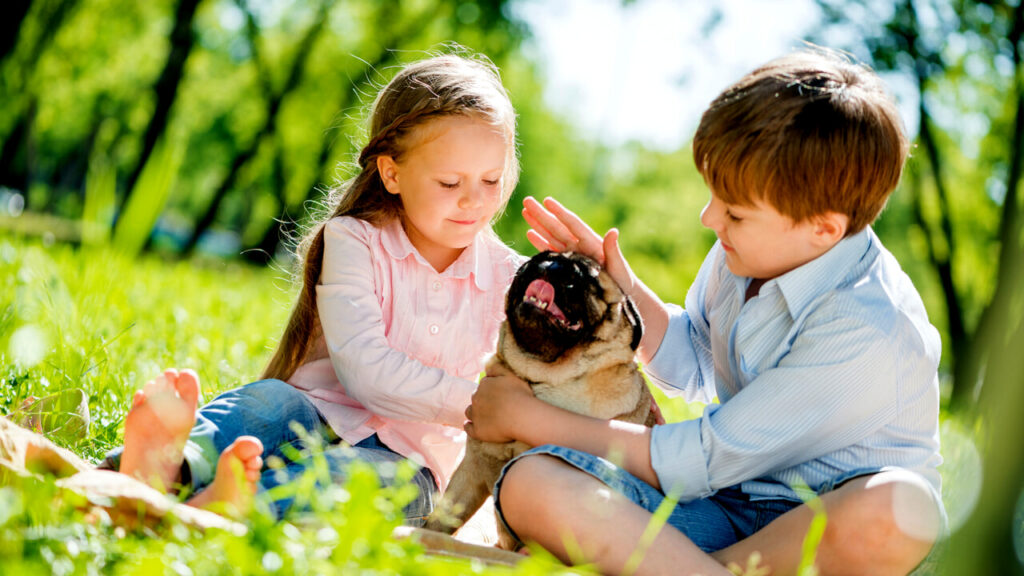In recent years, attention to animal-assisted therapies, pet therapyimproved greatly. Among them, onotherapy, or donkey therapy, has proven to be an effective support for the treatment of various psycho-physical conditions. The donkey, an animal that is often underestimated because of its qualities, is actually endowed with a calm and docile nature that makes it perfect for establishing therapeutic contact with people of all ages.
By contacting this animal, significant improvements are highlighted emotional well-beingpsychological and motor skills of those who participated in this therapy. But how exactly is onotherapy? And what are its benefits?
What is a therapy?
Onotherapy is a form of animal-assisted therapy that uses donkeys to support healing or improve the quality of life of people with physical, emotional or cognitive problems. This practice is based on the establishment of a empathic relationship between the patient and the animalunder the guidance of a specialist therapist. Donkeys, thanks to their peaceful nature and patient approach, are especially suitable for socializing with individuals who may have difficulty establishing relationships with the surrounding world, such as children with the autism spectrum. disorders or people with motor disabilities.
Unlike other forms of pet therapy that use dogs or horses, onotherapy takes advantage of the particular nature of the donkey: an animal that moves slowly, speaks calmly and is able to create an atmosphere of trust and security.
The characteristics of the donkey and its therapeutic role
Unlike the stereotypical image of the donkey as a “stubborn” animal, these animals are actually very intelligent, caring e sensitive. They are able to identify emotional situations, respond calmly and patiently, characteristics that make them particularly useful for people who need emotional stability and commitment.
The slowness and predictability of the donkey’s movements favors a gradual approach to treatment. For example, children who suffer from behavioral disorders or who struggle to concentrate will benefit from the calmness of the donkey, learn to develop patience and better control their emotions. In addition, its small size, compared to a horse, and its friendly appearance mean that people approach it without fear.
How does an onotherapy session work?
An onotherapy session usually takes place outside, in a quiet environment, usually in a educational farm or in a special center. The therapist guides the patient through the various activities that the donkey can do. This includes taking care of the animal (such as brushing or feeding it), going for a walk or even just sitting next to it and petting it.
Animal companionship is essential to development relaxation and stimulation of cognitive and motor skills. In fact, people learn to interact with a living being that responds quickly but gently to their actions, creating a natural and spontaneous learning environment. These activities not only help develop physical and motor control, but also encourage socialization and improve self-confidence.
Benefits of onotherapy
I benefit Onotherapy is versatile and affects various areas of psycho-physical well-being:
-
- Reduce anxiety and stress: The calm and welcoming presence of the donkey helps to naturally reduce anxiety and stress levels. Animal contact and the slow pace of activities have a calming effect, especially beneficial for people with anxiety or depression problems.
-
- Motor skills are improved: by the simple act of caring for the donkey or leading it to walk, the patient can stimulate balance, coordination and physical strength. It is especially useful for people with physical disabilities or undergoing rehabilitation.
-
- Development of social skills: Donkey therapy helps patients improve their relationship skills. People who struggle to express themselves or get along with others find the donkey a kind and patient “interlocutor”, which allows them to express emotions and build a relationship of trust.
-
- Emotional support and self-esteem: Caring for an animal and establishing a connection with it gives the patient a sense of responsibility and fulfillment. This can be a great support for self-esteem, especially for people who feel isolated or lacking.
In addition, onotherapy is indicated for many people with various problems. It is especially effective for:
-
- Children with autism spectrum disorderswho may have difficulty getting along with others and benefit from the calm, predictable company of the donkey.
-
- People with motor disabilitieswho improve their physical and coordination skills by caring for and handling donkeys.
-
- Adults and children with emotional or behavioral disorderswho finds the ass of a therapeutic partner who is able to respond with affection and calmness.
-
- Elderly or people with degenerative diseasesto get comfort from the animal’s presence to overcome loneliness and isolation, find security and loving companionship.
Where is onotherapy practiced?
In Italy, onotherapy is becoming more widespread special centerseducational farms and agritourisms that offer animal-assisted therapies. Many of these centers collaborate with professionals from the medical and psychological sectors, guaranteeing an integrated and qualified approach. the onotherapy session they are often part of larger rehabilitation programs and can be tailored to the specific needs of each patient.
Onotherapy represents a unique opportunity to improve the quality of life of people with various psycho-physical problems. The peace and gentleness of the donkey, combined with the expert guidance of specialist therapists, creates an ideal environment to promote emotional, motor and relational well-being. In a time where contact with nature and animals has a more important value for human health, onotherapy has emerged as a new and more effective therapeutic practice, capable of restoring peace and harmony even in the most difficult situations.

